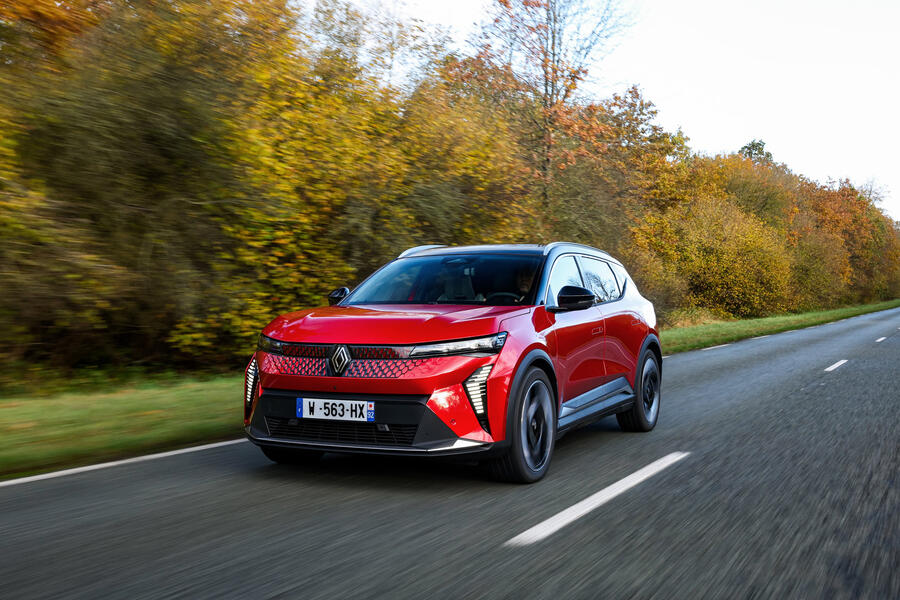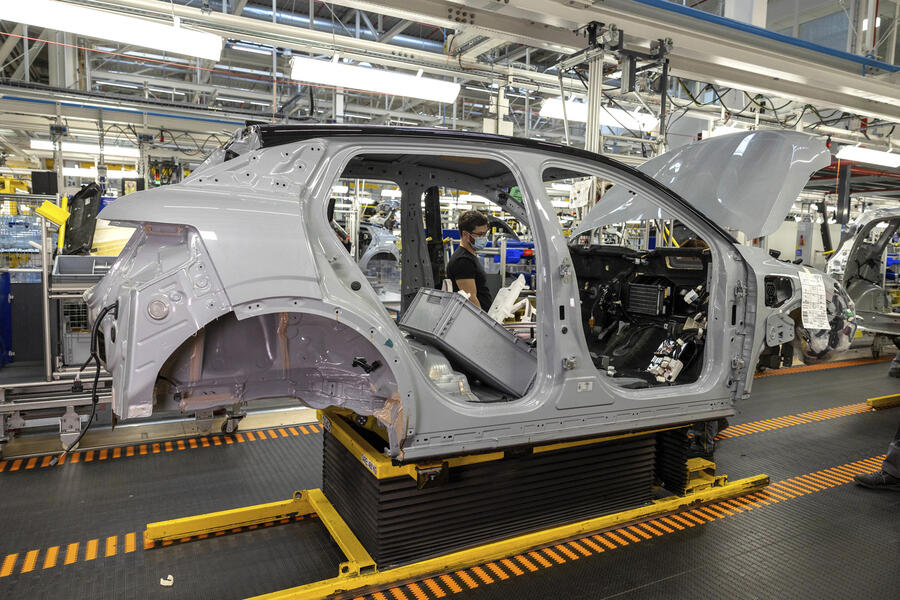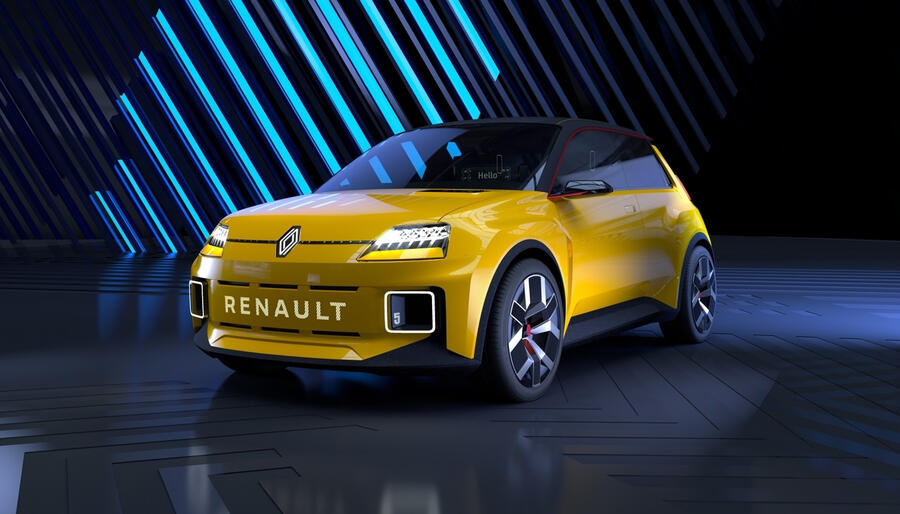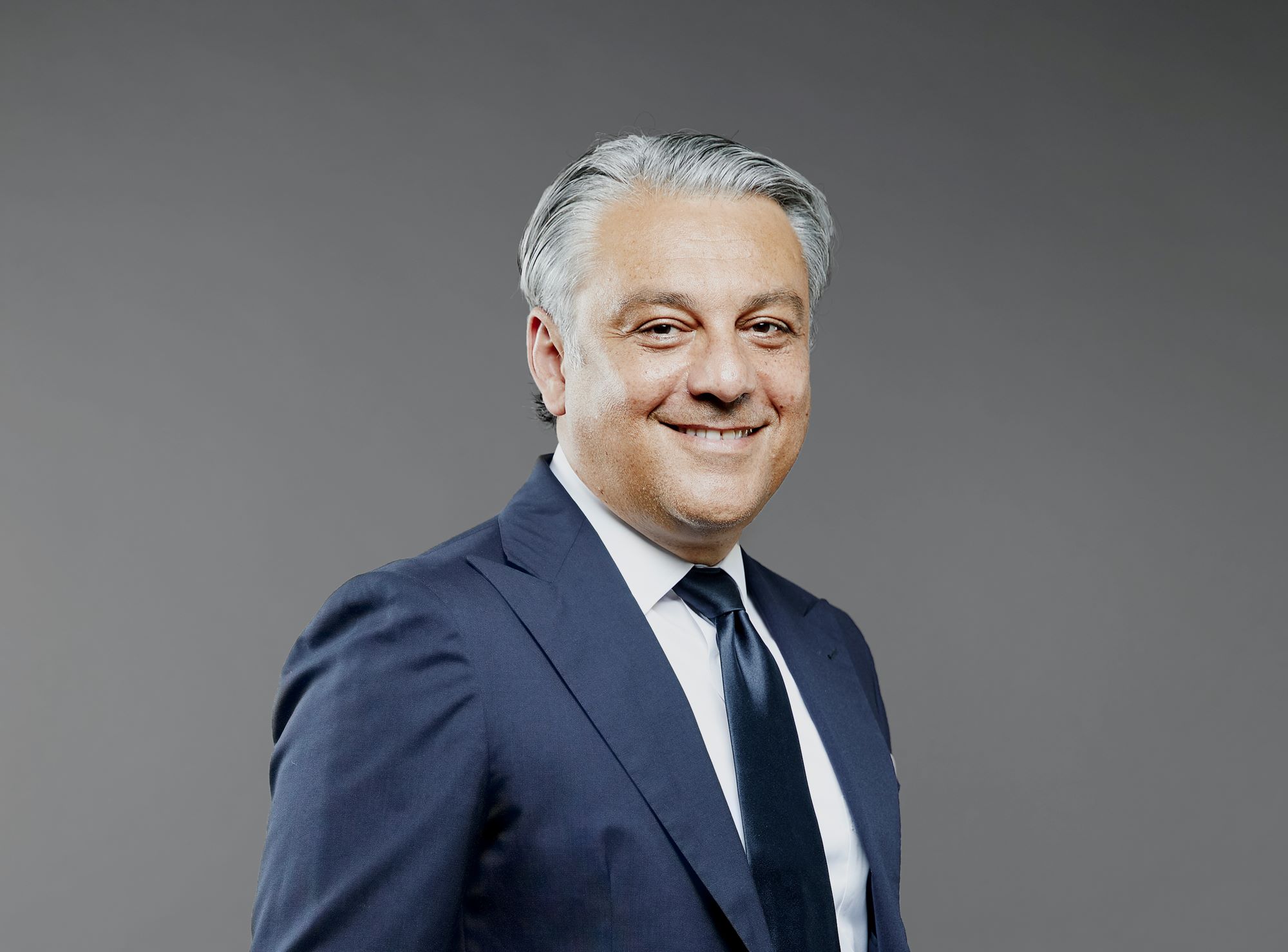First, we watched the rise of Tesla and now we’re witnessing the rise of China. For us Europeans, these are challenging times. But are we fully aware of what is at stake?
From the UK perspective, I’m writing about an industry that has a turnover of around £67 billion a year and adds £14bn of value to the economy every year through £77bn of trade, as well as accounting for around 7% of the nation’s R&D spend and employing some 800,000 people.
From an EU perspective, I’m writing about an industry accounting for 8% of GDP, 30% of R&D spending and 13 million jobs. The UK may no longer be part of the EU, but on this issue, I think we face the same challenges together. It is very simple: strip out the automotive industry and Europe will find itself with a structural trade deficit.
Today, our sector is facing its most profound change in 150 years. The urge to reduce our environmental impact, the phasing out of the internal combustion engine by 2035 and the ever-increasing safety and cybersecurity requirements for our cars are making them heavier and more expensive. All these constraints add up.
Regulations have piled up, sometimes with unexpected results: the average European car is 60% heavier than 20 years ago, it is 50% more expensive and the number of jobs at car makers has fallen by up to 40% in some countries. Of course, these new cars are also more environmentally friendly.

But there’s another side to this argument. Unfortunately, more expensive cars are also cars that people are less likely to buy. The reality is that we’re keeping older and more polluting cars on the roads for longer, and the age of the European car fleet has risen from seven to 12 years on average.
What’s more, for more than a century, car makers had been playing one demanding but familiar sport, in which the combustion engine set the rules. Now we have to excel in several disciplines with very different and specific requirements: electric vehicles, software, mobility services, the circular economy…








Join the debate
Add your comment
Dacia is the Queen of the Renault Nissan Mitsubishi alliance due to margins that you'd normally only see on premium market cars and the Nissan Sakura/Mitsubishi EK-X kei cars are selling like hotcakes.
He wants something similar to kei car regime in europe and it is something I want myself.
Simple inexpensive cars which are cheap to produce and can be leased for 100 to 150 euro a month. He wants to lease the next Twingo for 100 euro per month. His dream car would be a Twingo without all the very latest safety requirements which bring with them negligible additional safety to the owner and only serve to add cost, annoyance and unreliabilty.
I agree re kei cars, they are the answer to cheap mobility and reverse the trend of overweight, oversized vehicles with redundant capability.
Imagine a European industry collaboration where the skateboard, battery, motor(s) and suspension design was all the same to achieve the lowest cost per unit, and manfuacturers put their 'top hats' on these skateboards like coachbuilders. Perhaps the skateboard could last the lifecycle of two or three top hats, i.e. over-engineer the skateboard for durability and crash but replace the top hat to keep the design fresh.
However, I bet the economics of EV kei cars don't stack up. Kei cars with a tiny ICE, maybe. But legislators aren't going to like that. Maybe EV kei cars only make sense after 2035 when everything must be zero emissions? Cheaper than a Clio / Zoe / 208 etc but heavily compromised on top speed, range, size, crash... I can see them working in major cities but is that enough of a market when these cities (quite rightly) encourage public transport?
Tricky, to put it mildly.
Moved their main warehouses in France end of 2022.
Since then it's a major shitshow with parts supply.
Thousands of Renault's are waiting for parts with some waiting for months or even over a year now.
Might try and fix that first...
But my guess is they are going to sell it all and join Stellantis (Opel/GM/Fiat/PSA/...)
Not sure what he thinks 'needs saving', Bentley, Rolls, Porsche, Lamborghini, Ferrari, McLaren, all European, had either record sales or record profits last year, as did Tesla in the EV space?
All these brands operate in the luxury market. They will naturally be the last to fall.
The mainstream needs action now - and, tragically, the UK has very limited influence post Brexit.
"Bentley, Rolls, Porsche, Lamborghini, Ferrari, McLaren" not exactly price sensitive brands are they? And of these brands only Porsche and RR sell any EVs at all as yet.
Mass market brands need to get their costs (margins?) under control because nobody is walking into a showroom and buying a £40k electric Astra and even premium brands like BMW and Mercedes are having to discount massively to fleets to shift their EVs as nobody is prepared to pay £75k for an entry level i5 / EQE when a few years ago the equivalent 5er / E Class was £40k.